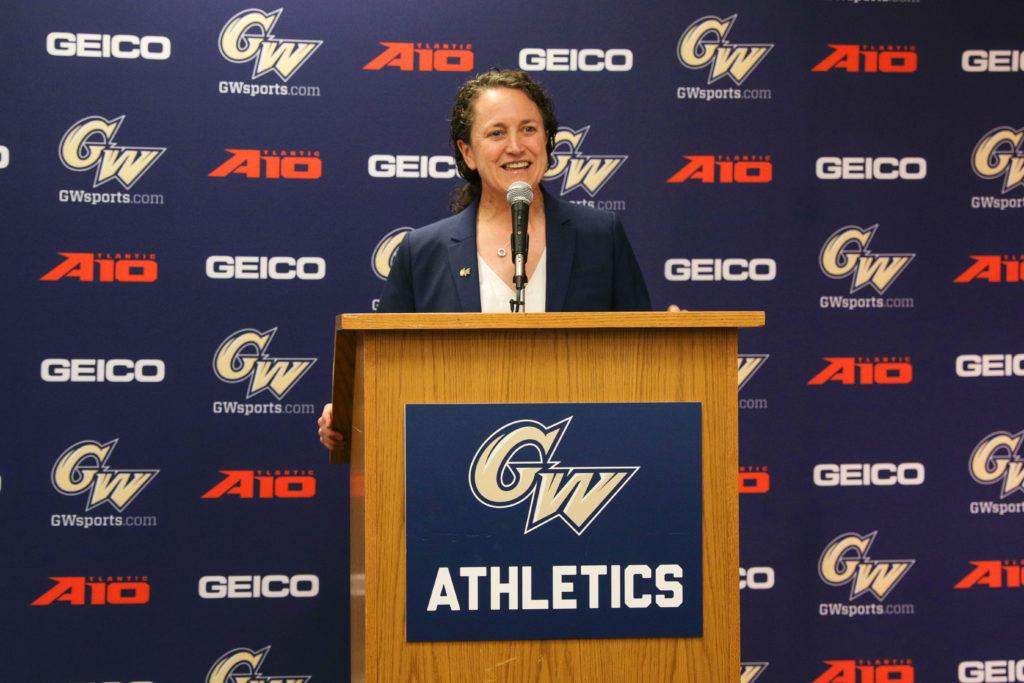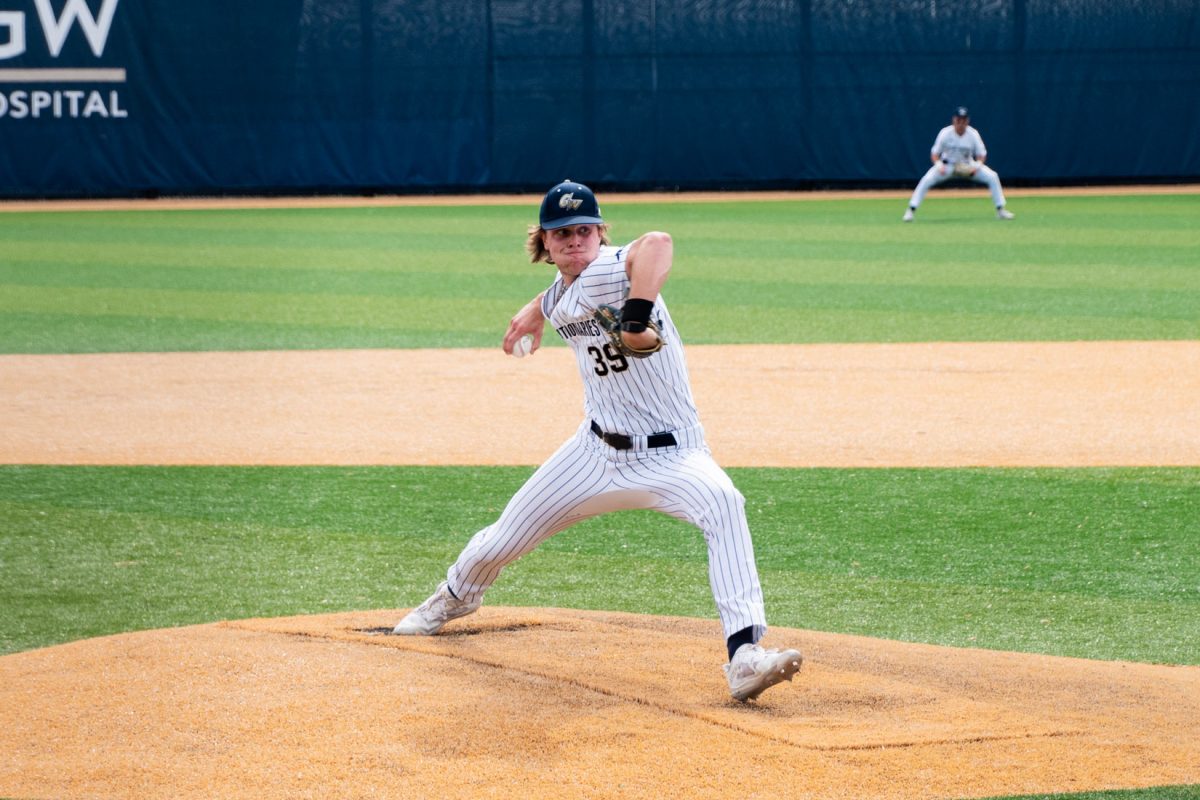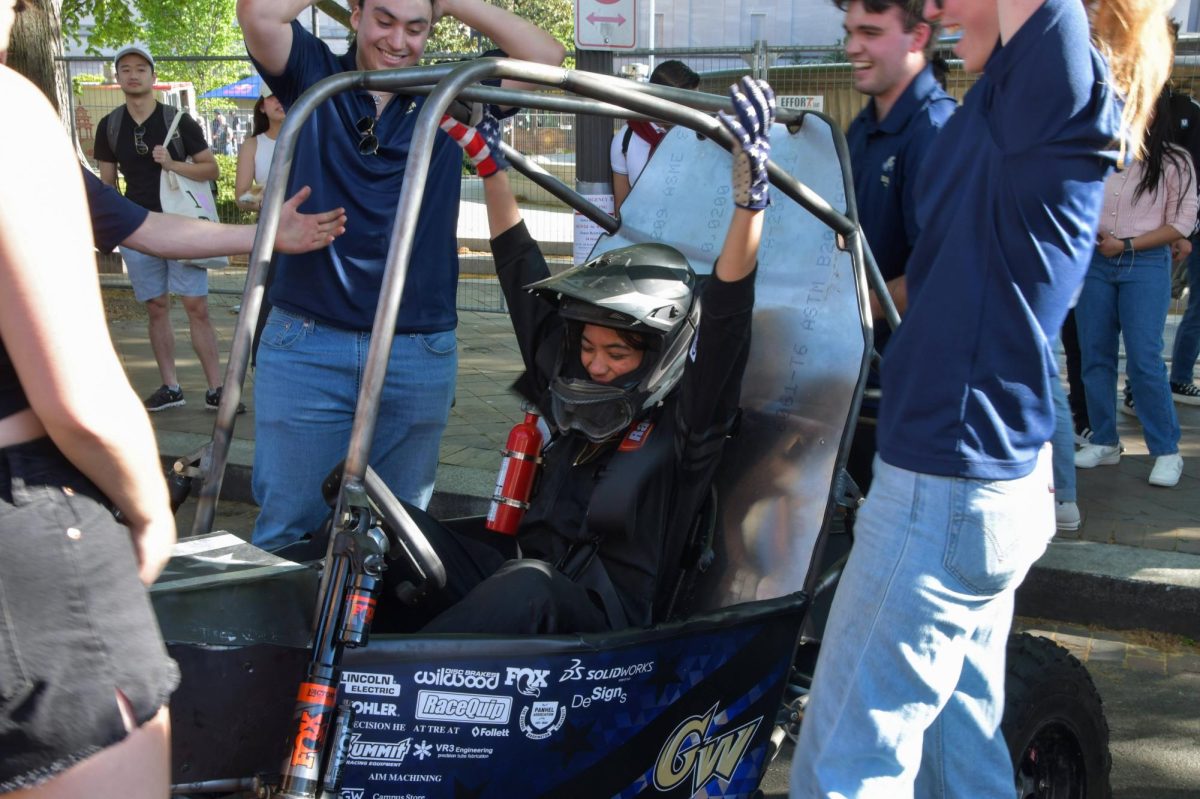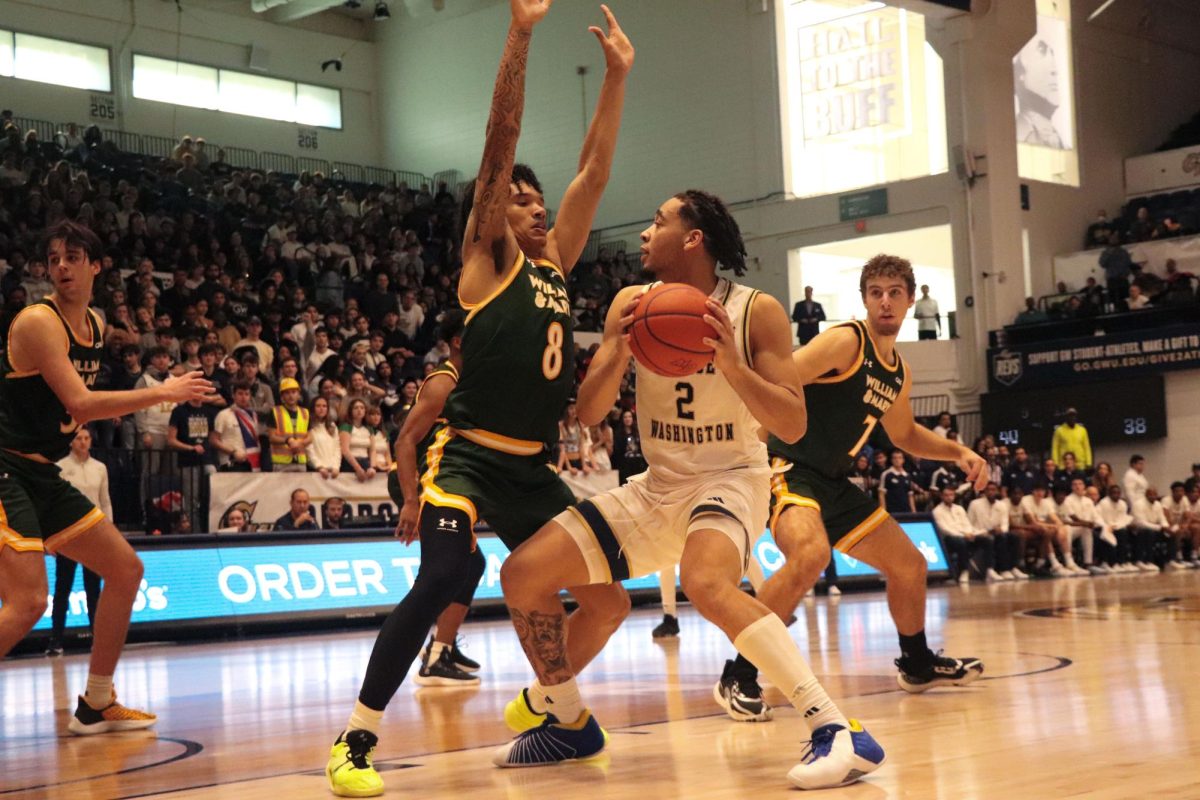Eight athletic programs received honors for maintaining academic eligibility, high retention and graduation rates.
Women’s cross country, women’s track and field, volleyball, softball, men’s tennis, women’s water polo, gymnastics and golf earned NCAA Academic Progress Rate Public Recognition Awards for falling within the top 10 percent of their respective sports. Each squad’s success continues an eight-year trend of at least six teams earning the honor.
“We’ve always focused on student-athletes’ academic success,” Tanya Vogel, the director of athletics and recreation, said in an email. “I saw firsthand as a student-athlete myself, then as a coach, now as an administrator, academic excellence is at the core of everything we do.”
APR measures student-athletes’ chances of graduation using retention rates and academic standing. The rates help NCAA officials monitor or penalize schools that do not retain or graduate academically eligible student-athletes.
A higher APR score indicates a higher retention or graduation rate for a program. All eight teams earned a 1,000 APR, which is the highest rate. Eight teams also received the score for the 2015-16 and 2016-17 seasons, down from a GW-best nine programs during the 2014-15 season.
Men’s tennis maintains the longest perfect 1,000 APR streak for the Colonials, earning the honor every season since the 2008-09 academic year. Women’s track, which joined GW as a varsity program during the 2014-15 season, has maintained a perfect score every year since it joined GW.
The Nelson and Michele Carbonell Academic Center, which first opened in 1983, assigns student-athletes an academic adviser to assist them with NCAA and Atlantic 10 eligibility requirements and graduation requirements, monitor their academic progress through weekly meetings, check progress reports and contact student-athletes’ professors.
Educational Support Services, located in the Carbonell Center, is the main source of academic support for student-athletes, according to its website.
“In collaboration with multiple support units on campus and each individual college, ESS can provide the support needed for our students to achieve their goals,” Vogel said.
Both women’s basketball and women’s soccer have remained even at an APR of 991 and 997, respectively, for three consecutive years. Both scores place the teams above the 982 and 989 national APR average for each respective sport.
Men’s soccer, men’s and women’s swimming and diving, men’s water polo, men’s cross country and women’s tennis all saw dips in APR scores from the 2016-17 to the 2017-18 academic years. Women’s tennis had the largest decline, decreasing from a 990 to 979 APR.
Among 14 A-10 teams, the Colonials rank sixth in the conference in APR awards since 2012 with 43 nods. Fordham leads the pack with 55 honors and Davidson trails behind with 52 awards since joining the conference in 2014. Dayton, Saint Joseph’s and Richmond round out the top five with 46, 45 and 44 awards, respectively.
“Student-athletes, coaches and administrators will stay determined to excel in the classroom, committed to doing the work and respectful of the relationships that they need to build to succeed,” Vogel said.
Experts working in educational support departments from other conference schools said tutoring and one-on-one guidance from academic advisers improve student-athletes’ prospects of retaining a high academic standing.
Samuel Stone, an academic coordinator at George Mason University, said a “big component” of his job is keeping in constant communication with professors, coaches and student-athletes to ensure student-athletes comply with NCAA academic standards.
“We have a task to do better than the general student population, and we have succeeded in that endeavor as long as I’ve been here, and I’ve been here since spring 2015,” Stone said. “Going back the past four years, that is the metric and as long as we keep that level of scrutiny, that’s what we strive for.”
Stone added that George Mason offers student-athletes an introductory course to help them adjust to college and learn NCAA regulations. The course sets expectations for student-athletes to balance their academics and practice, he said.
“With the course material specific to specific sections tailored toward, ‘OK, this is what you need to know about eligibility,'” Stone said.
Joel Rosencrance, the director of athletic academic support services at St. Bonaventure, said he keeps in constant contact with coaches to review their athletes’ academics.
St. Bonaventure boasts 31 APR Public Recognition Awards over the past seven years. Rosencrance said his department assesses the academic needs of its student-athletes through one-on-one meetings with coaches.
“Our women’s soccer team has done well academically and they don’t refer to me as the director of academics,” Rosencrance said. “They just call me another coach on the staff, so the way they look at is academics in the focus, and athletics is secondary to whatever may come through the classroom.”





